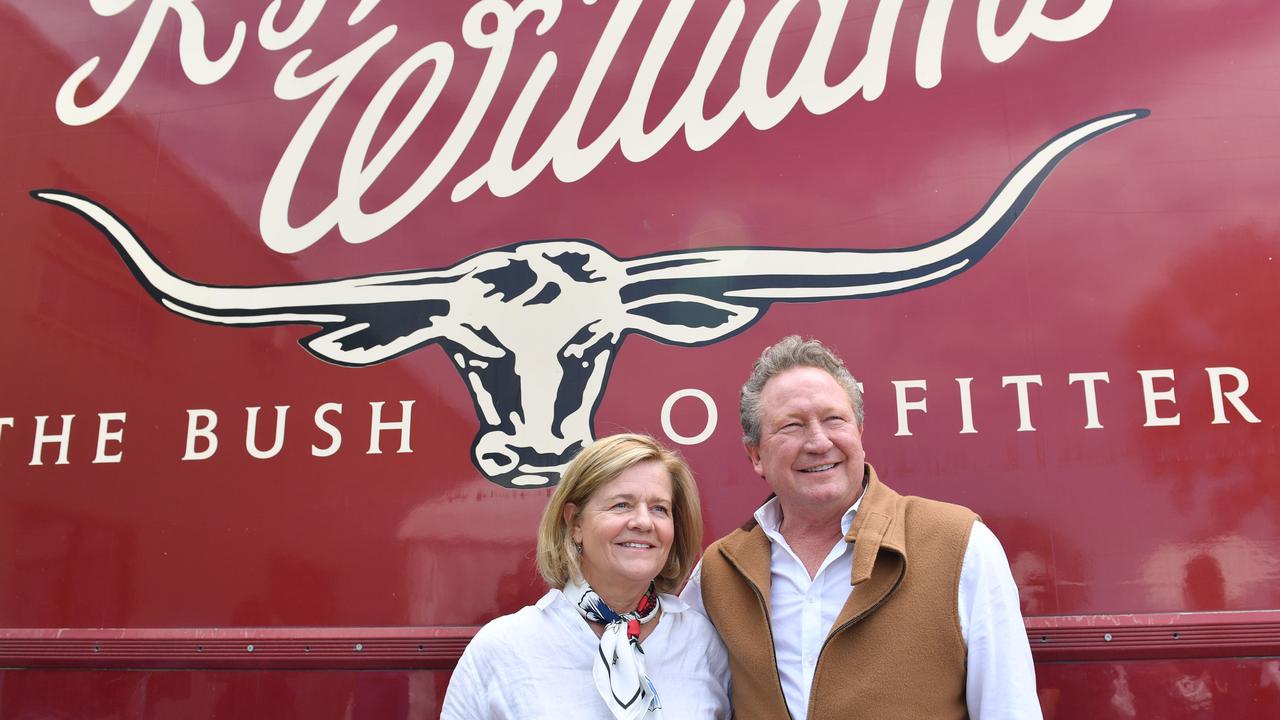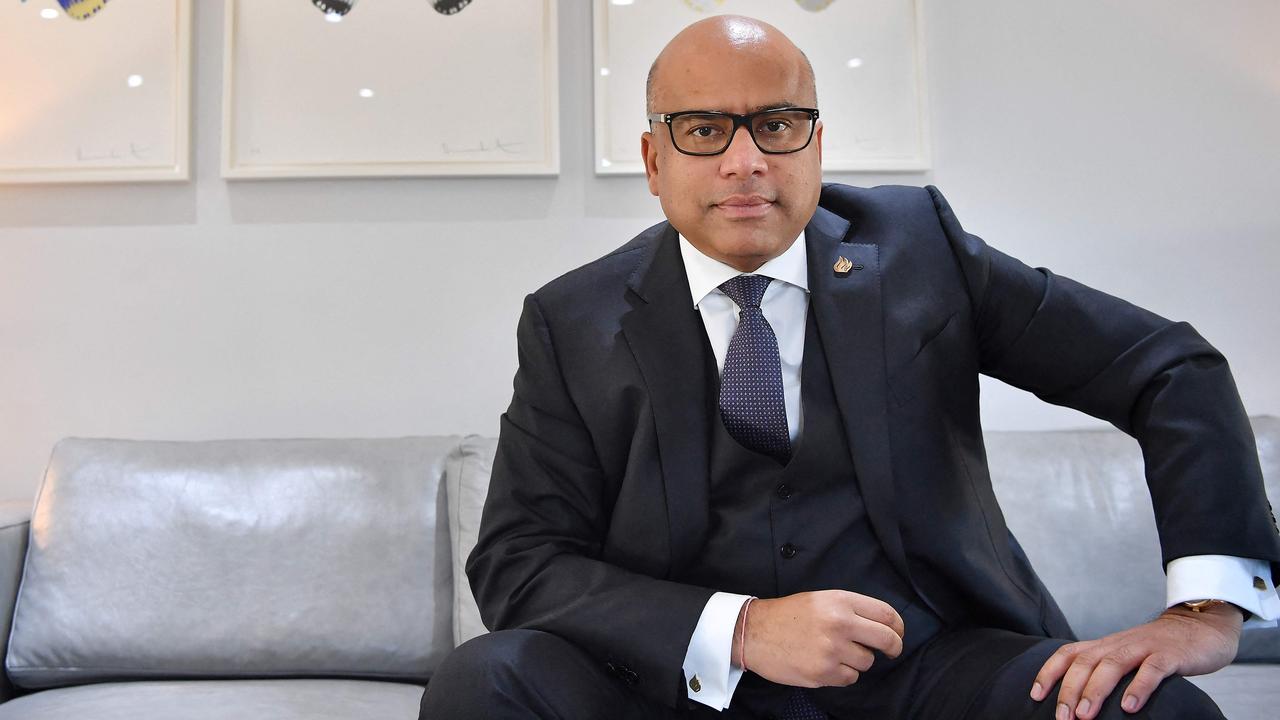Health insurers’ value climbs after election result
The value of health insurers is climbing after the end of Labor’s threat to cap premium rises.

The market value of Australia’s health insurers is climbing on the local market with the removal of the threat of Labor policies that would have hurt the sector.
Outgoing Labor leader Bill Shorten had put ambitious health policies at the centre of his campaign, including a promise to cap annual health insurance premium rises at two per cent for two years to address affordability concerns.
Health insurers and private hospitals were preparing for a Labor win and modelled their businesses on the expectation of a two per cent cap. Analysts had also widely factored the Labor threat into forward estimates on the companies.
The surprise election result is now boosting outlooks.
Shares in Australia’s largest private insurer, Medibank, were 10.7 per cent higher at $3.19, while Nib was up 11.8 per cent at $6.58. Private hospital group Ramsay Health Care was 6.7 per cent higher at $69.20.
JP Morgan’s analysts bumped their price target on Medibank from $2.30 to $3.05 on the back of the Coalition’s election win.
“We still think margins will fall, but at a slower rate under the Liberals,” JP Morgan’s team said in a client note.
“We now assume a more moderate fade in our earnings forecasts, with the returned Coalition government likely allowing premium rate increases that are only moderately behind claims inflation, even with increasing efforts by health insurers to offset those costs.”
Morgan Stanley analyst Daniel Toohey said Labor’s two per cent cap policy brought existing structural issues to a head faster. He added that while industry fundamentals were unchanged, the overhang of the Labor policy will now likely abate, providing near-term support for health insurance stocks.
The analysts said in a client note that participation remained a major issue for insurers.
“Labor’s 2x2 policy potentially alleviated falling participation while the Productivity Commission undertook a broader system review,” he said.
“Given structural and cyclical headwinds, margin benefits need to be reinvested to counter participation trends, enhance the value proposition, reduce regulatory risk and ensure the viability of the private health insurance system.”
Ramsay Health Care’s price target was boosted from $60 to $75 by JP Morgan on the election result. The investment bank’s analysts said their chief concern with Ramsay Health Care had been the challenge to industry profitability posed by the Labor Party’s policy plans for two years of premiums capped at two per cent.
“The unexpected political outcome does not see off all of the sector’s ills, although we are now confident the pricing environment will be more benign and so we have raised our domestic margin forecasts,” the analysts said.
JP Morgan’s team also said they expected Health Minister Greg Hunt to retain the portfolio and did not expect a material change in the Coalition’s healthcare policies.
“The surprise re-election of the Coalition government is likely to see a continuation of the health policies we have seen under the current health minister,” the analysts said.



